Keywords: Sports
There are more than 200 results, only the first 200 are displayed here.
-
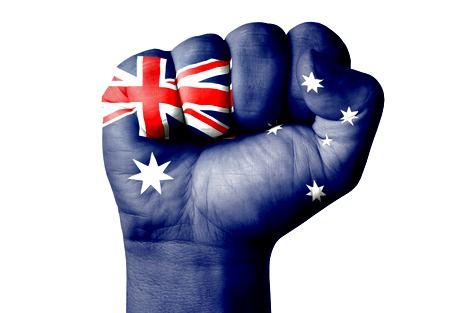
AUSTRALIA
- Andrew Hamilton
- 06 November 2014
8 Comments
In anxious times, people often think about identity in a way that is limited and excluding. But our identity is actually layered, and may include regional, religious, philosophical, professional, sports, social, racial, sexual, and more. If we isolate ourselves in homogeneous and non-interactive groups, any larger national identity we have will be brittle.
READ MORE 
-

ARTS AND CULTURE
- Ben O'Mara
- 15 October 2014
6 Comments
At 6:30 am I pull on my compression tights, lace up my black and bubble gum blue boots, throw on a crumpled, old t-shirt, and join the early risers to play basketball at my local sports and aquatic centre. This twice weekly ritual has helped me realise that sport heals when I play it on my own terms.
READ MORE 
-

AUSTRALIA
- John Ellison Davies
- 16 July 2014
18 Comments
Judge Garry Neilson is in a spot of bother after comparing incest and paedophilia to homosexuality. He is not the first judge to find himself in this situation and he will not be the last. Judges enjoy a life of privilege and status. In their own courtroom they are feudal masters. But when one of them makes a mistake, the media jumps all over them. Politicians rant. The controversy is always out of proportion to the alleged error.
READ MORE 
-
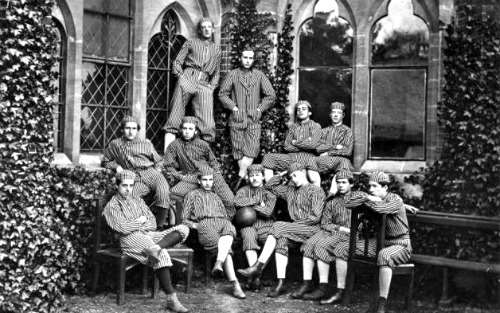
EDUCATION
- Andrew Hamilton
- 11 July 2014
11 Comments
One of the more unlikely pieces of speculation to emerge from the World Cup concerned the origins of soccer in Brazil. A historian of the game claimed that it had been introduced by the Jesuits. According to the thinking of the Jesuits at St Louis School in Itu, near São Paulo, 'all the muscles [would] work harmoniously, and the moral lessons imbibed from sportsmanship [would] be assimilated by the students.'
READ MORE 
-

AUSTRALIA
- Andrew Hamilton
- 16 June 2014
47 Comments
In the lead up to Refugee Week the attitudes of Australians to people who come by boat to seek protection made sober reading. 71 per cent of Australians believed Australia should turn back asylum seeker boats. That is far higher even than the Prime Minister's disapproval rating. Some might say that 71 per cent of Australians can't be wrong. At Eureka Street we have never been persuaded that majorities always have truth on their side.
READ MORE 
-

AUSTRALIA
- Michael Mullins
- 14 April 2014
3 Comments
Last week's Game of Thrones series four premiere revealed Melbourne as the pirate capital of the world. The downloaders make a 'people power' claim to moral legitimacy because they think pay TV provider Foxtel's business model undermines the access they believe they are entitled to. Stories are not a cultural form of terra nullius, and human nature will not allow them to be wholly appropriated by business interests.
READ MORE 
-
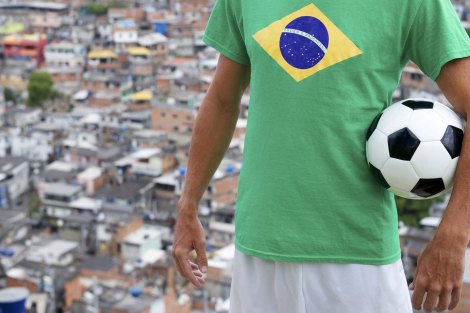
INTERNATIONAL
- Michael McVeigh
- 25 March 2014
6 Comments
The Olympics and World Cup were once seen as a triumph of corporate and athletic enterprise, but today we count the cost. Previous events left countries with decaying venues and huge bills. Government funds line the pockets of corporations but do little for local industry. The Olympics have caused the evictions of more than two million people over the past two decades. It's time to re-think what these events are actually trying to achieve.
READ MORE 
-
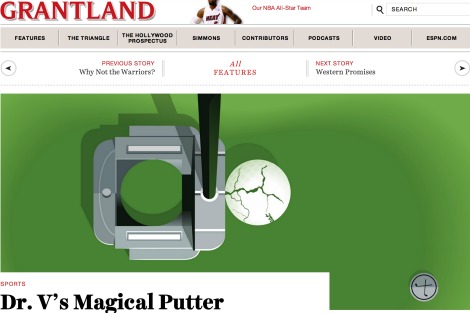
MEDIA
- Ellena Savage
- 24 January 2014
4 Comments
Last week a troubling story broke on sports journalism site Grantland. While investigating the background of Dr V., an avowed physicist who had invented a revolutionary golf putter, journalist Caleb Hannan discovered that Dr V. was a trans-woman. In the course of the investigation, Dr V. committed suicide. This tragic case raises questions about journalistic ethics, not least of which is if journalism is, by its very nature, unethical.
READ MORE 
-
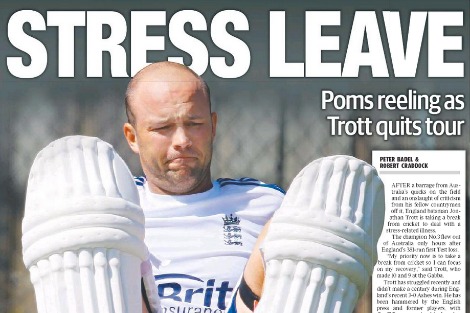
AUSTRALIA
- Michael Mullins
- 02 December 2013
2 Comments
English batsman Jonathan Trott was pilloried in some media comments because he abandoned his team because he felt 'stressed'. We should be celebrating the fact that a high profile male sportsman finds that he can declare he has a stress-related illness and then seek help for it.
READ MORE
-

AUSTRALIA
- Cec Shevels
- 15 October 2013
7 Comments
In the 2006 Census, the number of homeless exceeded 100,000 for the first time. Kevin Rudd described this as a national disgrace and promised to cut the number in half by 2020. His Labor Government did make some progress — there was a fall in the number of rough sleepers and there was a welcome reduction in homelessness among Aboriginal people. Yet by 2011, the homeless numbers had risen again.
READ MORE 
-
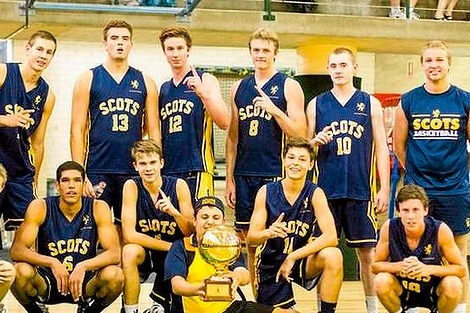
AUSTRALIA
- Michael Mullins
- 30 September 2013
14 Comments
Five of Sydney's prestigious GPS schools have boycotted competition with another member of their association, The Scots College, because it is accused of undermining the spirit of competition in school sport by offering inducements to lure students with sports star potential. This undermines what the GPS code of ethics calls 'the spirit of the amateur' that promotes character, resilience and teamwork ahead of winning.
READ MORE 
-
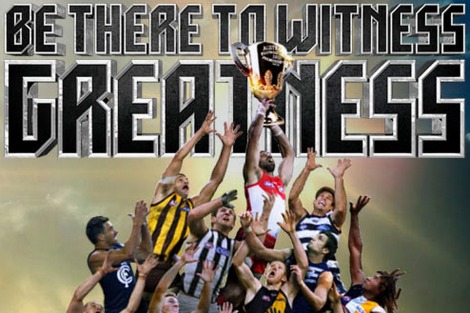
AUSTRALIA
- Michael McVeigh
- 27 September 2013
3 Comments
The Feast of the Grand Final has a great deal in common with celebrations in other religious traditions. Events such as Christmas and Easter are celebrations of the stories that help fashion the identity of Christians. Telling these stories each year helps us create our own new stories about the values or beliefs we follow. The Grand Final has its own stories that tell us about ourselves, as well as rituals that personalise those stories for each of us.
READ MORE 